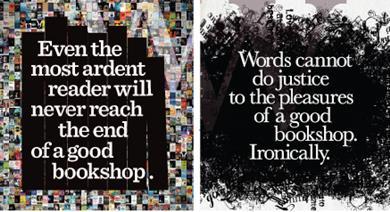Smoking Gun has just launched (November 2012) a smoking hot integrated
campaign for the Kennel Club.
The core elements are the competition ‘Crufts Factor’, which
aims to find Britain’s most talented dog and is supported by Britain’s Got Talent Winner and Young Kennel
Club member Ashleigh Butler, and the Discover Dogs event.
Dog owners who think their
pooch has the Crufts Factor, can upload a video of their star through a
Facebook app.
The audience will have the chance to vote and elect three finalists. The three
lucky doggies, together with a wildcard entry, will then show their talent at
the event in Earl’s Court. The final winner will finally perform on the global
stage at Crufts in March 2013.
MY OPINION
I might be slightly
biased because of my love for dogs (my favourite pet), but I think this
campaign will be extremely successful. We could say that there is a celebrity
endorsement element in this campaign, which will definitely help its success.
However, I think that the competition and the extremely shareable UGC will
ultimately be its X (= winning) factor.
What do you think? Am
I too biased?
** Apologies for the rare updates - I am working 9-5 and have no access to the Internet at home, which makes things complicated. It will all go back to normal in a few weeks.
















